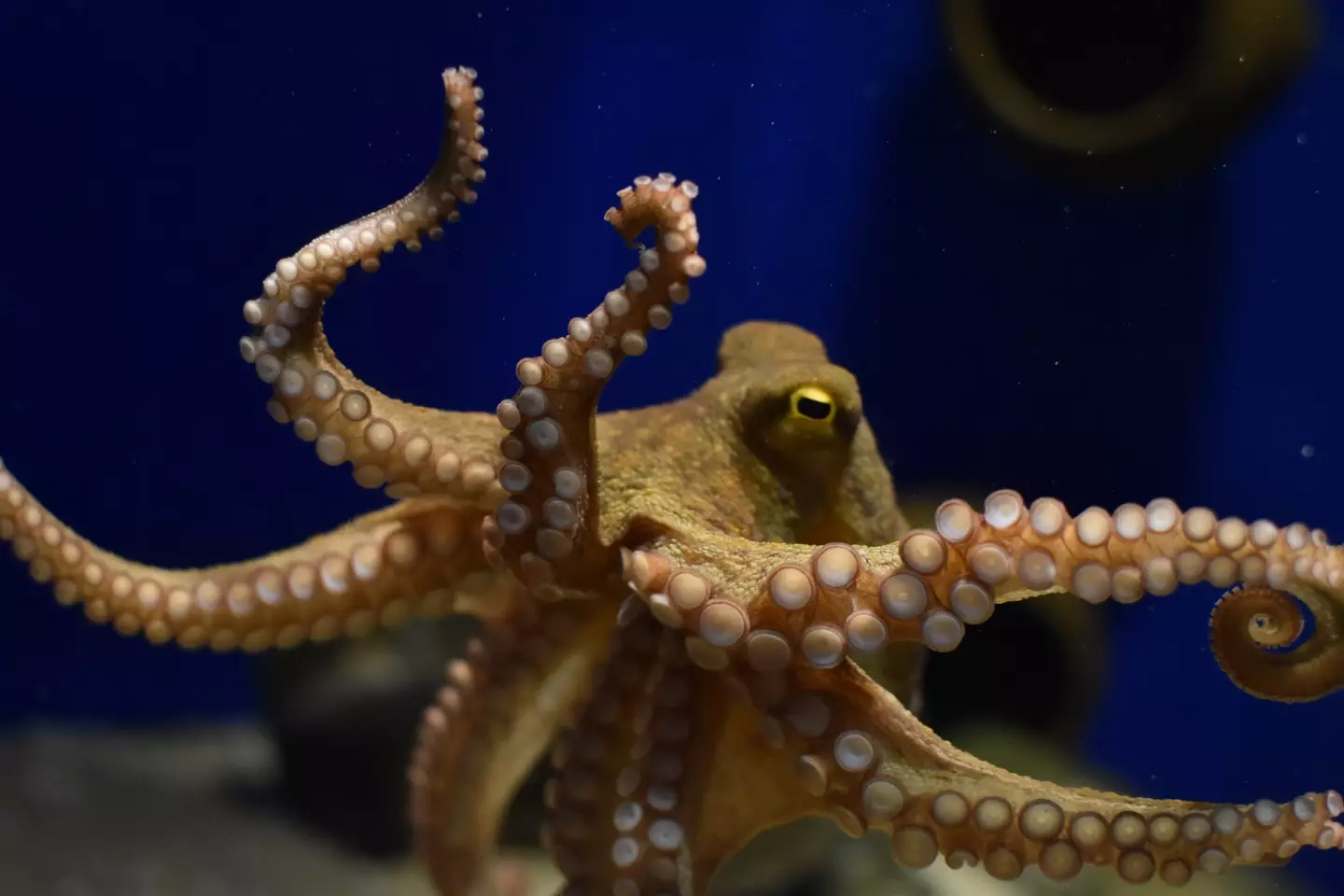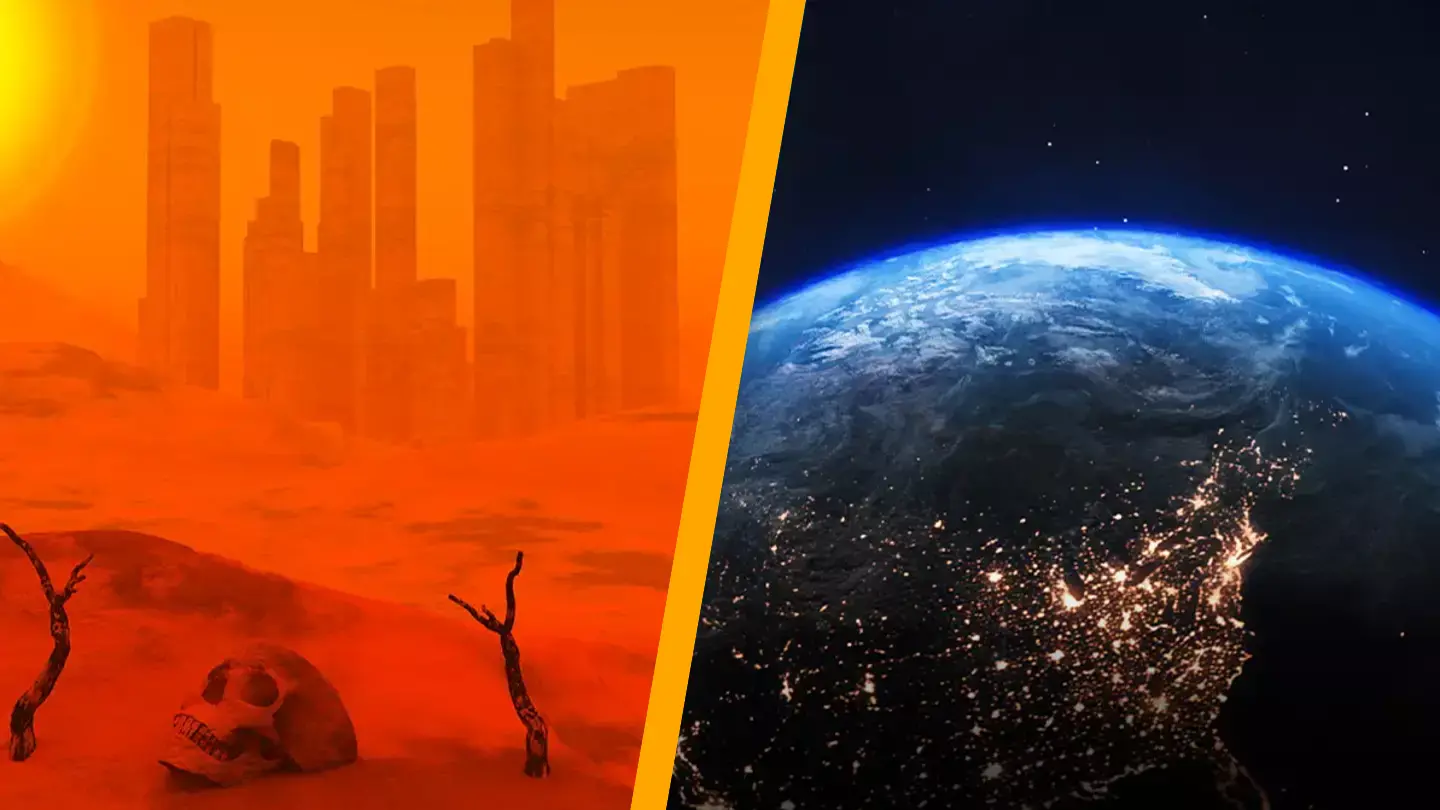While many have speculated that robots might one day dominate the world, a particular scientist has proposed an alternative scenario involving a marine life species ascending to Earth’s throne.
Movies like Terminator, The Mitchells vs. The Machines, and I, Robot have fueled the imagination, but Professor Tim Coulson offers a different perspective on what (or who) might become the new rulers of our planet in the future, and it isn’t technology-driven.
Professor Coulson, a Zoology professor and former head of Biology at Oxford University, has authored a new book titled The Universal History of Us, exploring the science of life and human existence.
Currently, humans are the dominant force on Earth, but in the event of our extinction, Professor Coulson suggests that ‘other species could gradually take on new ecological roles’.
“Life will likely persist on Earth for another billion years, so I pondered which species might take our place, building the first non-human civilization,” he shared with The European.
Primates, being the most human-like animals that exist alongside us, are potential candidates for successors in a world where humans are extinct.
However, Professor Coulson argues that their resemblance to humans might be their downfall, as they could face extinction alongside us.
But which species could emerge as Earth’s new dominant force, you may wonder?

Octopuses, it turns out.
“Octopuses are among the most intelligent, adaptable, and resourceful creatures on Earth,” the biology expert stated.
“Their ability to solve complex problems, communicate with one another in flashes of color, manipulate objects, and even camouflage themselves with stunning precision suggests that, given the right environmental conditions, they could evolve into a civilization-building species following the extinction of humans.
“Their advanced neural structure, decentralized nervous system, and remarkable problem-solving skills make several species of octopus well suited for an unpredictable world.
“These qualities could allow them to exploit new niches and adapt to a changing planet, especially in the absence of human influence.”

Who would have imagined?
Although Professor Coulson may place his bets on octopuses eventually becoming ‘the brains of the sea’, he acknowledges that it is ‘impossible to predict with any degree of certainty how evolution will unfold over extended periods’.
For those concerned about octopuses taking over soon, rest assured that humanity is not expected to face extinction for several million years.
On that note, it might be time to call Tim Burton to pitch a Planet of the Octopuses film series (farewell, Planet of the Apes).

